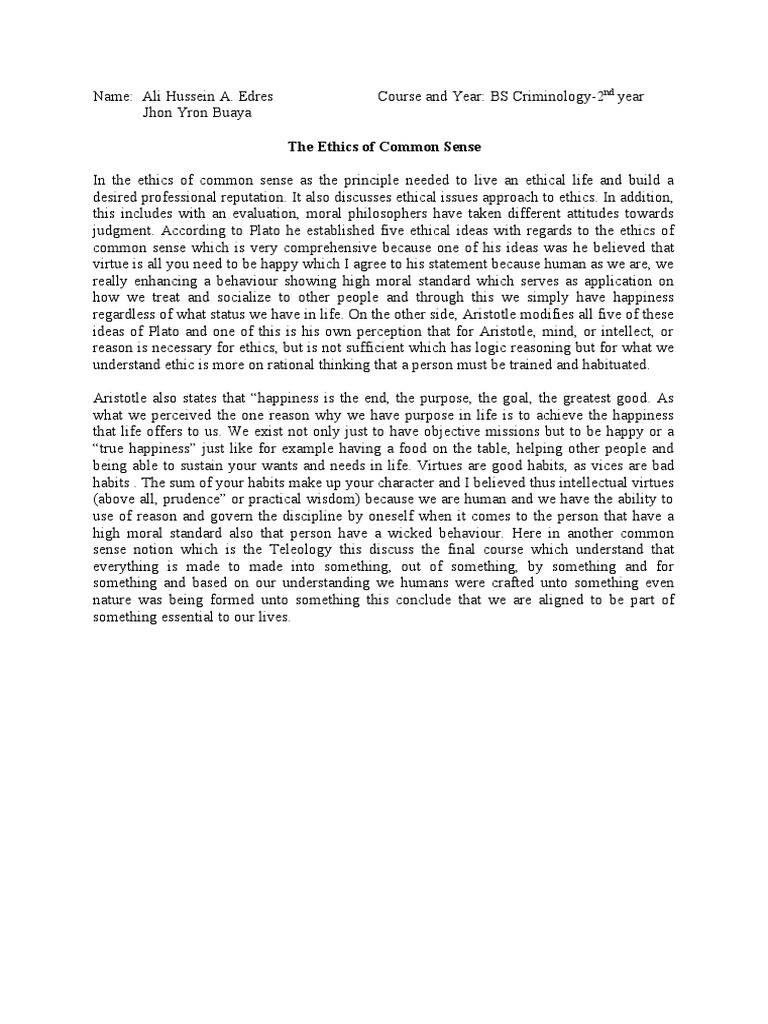In the contemporary landscape of moral philosophy, the intersection of ethics and the human condition is increasingly scrutinized. Particularly, the resurgence of interest in series such as “Breaking Bad” offers fertile ground for a profound exploration of ethical dilemmas and the ramifications of moral choices. Within this context, the teachings of the Bahá’í Faith provide a unique lens through which to analyze the complex interplay between ethics, morality, and the narratives of our lives. This engagement reveals not only the allure of characters who traverse the fragile boundaries of good and evil but also elucidates the deeper spiritual implications of such narratives.
The popularity of “Breaking Bad” stems from its intricate storytelling, where Walter White, a high school chemistry teacher turned methamphetamine manufacturer, exemplifies a moral descent that captivates audiences. This narrative begs the question: What compels individuals to navigate the murky waters of ethical transgression? To comprehend this, one must delve into the metaphysical underpinnings of Bahá’í teachings, particularly their emphasis on the unity of humanity and the necessity of moral development.
Bahá’í ethics are predicated on the concept that each individual possesses an inherent nobility and a divine potential. This intrinsic worth mandates a responsibility towards personal and communal upliftment. Engaging with the ethos of “Breaking Bad” invites a reflection on this potential; it prompts us to consider how societal pressures and personal insecurities can corrode one’s ethical bearings. In Walter White’s transformation, we observe a tragic deviation from one’s higher purpose, influenced by pride, desperation, and an intrinsic desire for recognition.
Furthermore, the series serves as a cautionary tale, starkly illuminating the devastating consequences that ensue when one prioritizes self-determination devoid of moral considerations. In this light, the Bahá’í teaching of consultation emerges as a vital practice. It emphasizes the necessity of seeking collective wisdom, thereby mitigating the hazards of unchecked autonomy that Walter exemplifies. By engaging with diverse perspectives, one gains clarity and better aligns actions with ethical imperatives, fostering a discourse around moral accountability.
The Bahá’í perspective extends beyond individual morality. It encapsulates the significance of social ethics, advocating for justice, equity, and compassion within communities. The corrosive spiral that ensues from Walter’s choices reverberates through his family and community, constructing a tapestry of consequences that reveals the interconnectedness of human experiences. This interconnectedness is a cornerstone of Bahá’í teachings, where the welfare of the individual is intrinsically linked to the wellbeing of society. As we observe Walter disintegrate into a figure of notoriety, we simultaneously witness the anguish of those around him, compelling an examination of the collective ethical fabric we weave.
Moreover, the narrative of “Breaking Bad” allows for an exploration of the theme of redemption—a prevailing tenet in Bahá’í thought. The journey of the soul is one of constant evolution, and ethical shortcomings are not irrevocable. This belief in the potential for personal transformation invites a discourse on forgiveness and growth. In juxtaposition to Walter White’s eventual demise, the possibility of redemption serves as a poignant reminder that, regardless of past actions, spiritual rehabilitation is attainable through sincere contrition and the pursuit of noble ambitions.
Additionally, the philosophical notion of ‘the better angels of our nature’ surfaces prominently within Bahá’í ethics. The series showcases how individuals are often torn between their darker impulses and their innate capacity for good. Walter’s descent signifies not merely an individual’s moral failure but serves as a broader commentary on societal conditions that catalyze such failures. This disjunction reflects a common observation of humanity’s struggle against baser instincts—a struggle echoed in Bahá’í texts that advocate for the cultivation of virtues such as honesty, integrity, and compassion as a counterbalance to destructive tendencies.
Furthermore, the evolution of Walter White can initiate discourse around the notion of identity. The Bahá’í Faith teaches that one’s true identity is spiritual, transcending transient roles and societal labels. In stark contrast, Walter’s fixation on his newly crafted identity as “Heisenberg” exemplifies a profound departure from his authentic self, illustrating the perilous outcome of construing one’s worth through external validation and material success. This narrative invites viewers to ponder their own identities and consider whether they too might be entangled in the web of societal expectations, oblivious to their spiritual essence.
Ultimately, “Breaking Bad” serves as a microcosm of the ethical dilemmas embedded in contemporary society, charting a course through which the teachings of the Bahá’í Faith can illuminate the darker corridors of human experience. The series encapsulates the allure and tragedy of moral ambiguity, compelling an examination of the complexities of choice and consequence. As Walter White navigates his transformation, viewers are left to ponder their own moral compasses, and the role that community, consultation, and spiritual guidance play in fostering ethical resilience.
In engaging with these narratives, individuals are encouraged to reflect upon their actions and their ripple effects within their communities. The Bahá’í teachings advocate that genuine ethical conduct emerges not solely from adherence to rules but from a profound understanding of the interconnected human experience. This engagement transforms the tale of “Breaking Bad” into a spiritual reflection, catalyzing dialogues around the ethics that bind us and the shared aspiration for spiritual and moral elevation in the face of life’s challenges.
